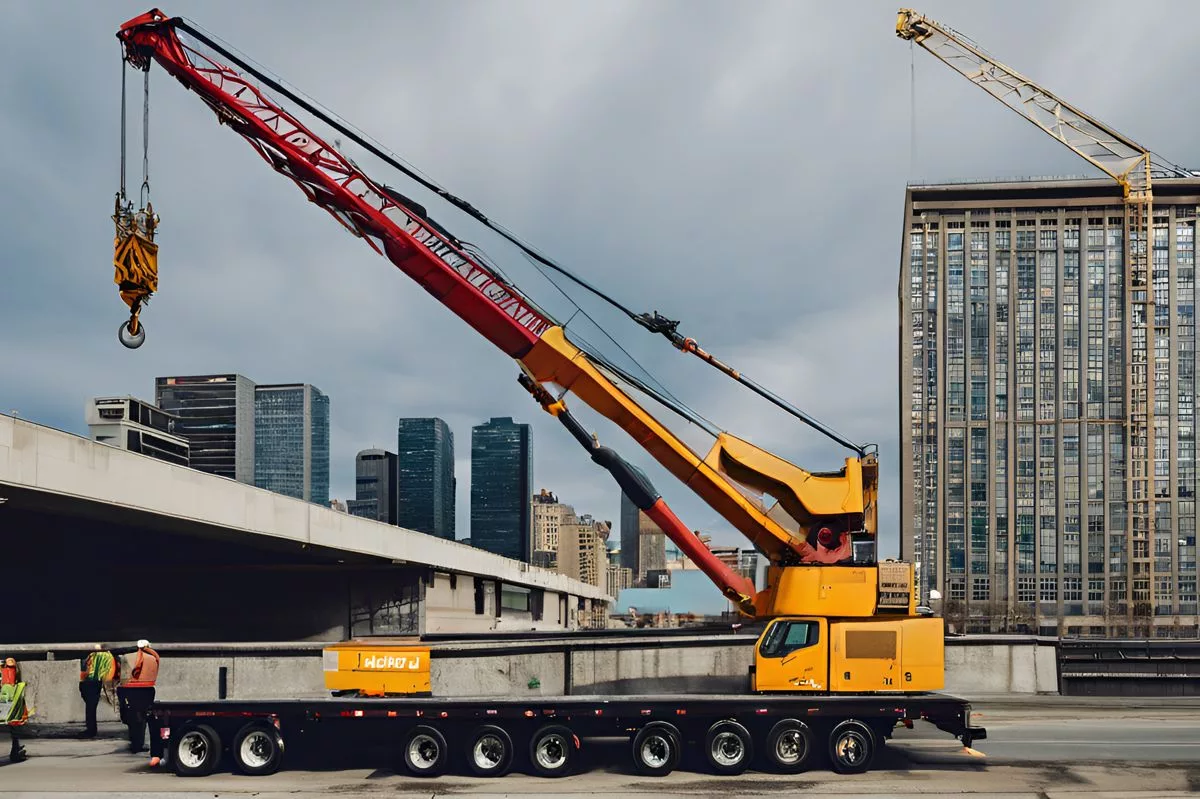Uber’s new policy in South Africa requires new cars on the platform to be less than three years old, causing controversy among drivers and the South African Ride Hailing Association (SARIDEHA). The rule only applies to new drivers registering on the platform and does not require existing drivers to replace their vehicles. SARIDEHA has rejected the requirement, citing the high costs of luxury cars and low Uber rates. The e-hailing industry in South Africa faces numerous challenges, such as safety and security issues, non-unionization, racism, and xenophobia, as well as the lack of progress in implementing the revised National Land Transport Act.
Uber’s new policy in South Africa mandates that new cars on the platform must be less than three years old, sparking controversy among drivers and the South African Ride Hailing Association (SARIDEHA). The association has rejected the requirement, citing the high costs of luxury cars and low Uber rates. Uber clarified that the rule only applies to new drivers registering on the platform and does not require existing drivers to replace their vehicles.
Uber’s New South African Policy
Uber, the global leader in ride-hailing services, is bracing for a clash with its South African arm over an implemented rule which mandates that new cars on the platform must be less than three years old. This regulation, solely applicable to fresh recruits, was established with the intent to heighten safety measures and ensure a top-notch fleet of vehicles.
However, this directive has ignited a firestorm of debate, predominantly due to the prevalent utilization of hire-purchase agreements for vehicles that generally extend for five years. This duration surpasses Uber’s three-year margin, sparking worry over the feasibility of fully settling a new vehicle’s cost within the stipulated timeframe. As stipulated by the recent rule, only vehicles from the 2021 model year or later are considered suitable for all ride categories in South Africa, encompassing UberX, UberGo, Uber Comfort, and UberXL.
Uber South Africa sought to clarify the issue, stating, “This rule doesn’t necessitate that drivers replace their vehicle on the Uber platform every three years. It simply requires that new drivers who are registering on the platform for the first time must have a vehicle that is not over three years old. That said, this vehicle can operate on our platform for up to eight years, in compliance with international norms.”
The Backlash Against the Rule
Despite the attempted clarification, the discontent continues to simmer. The South African Ride Hailing Association (SARIDEHA), an entity that advocates for the rights of e-hailing owners and driver partners, has outright rejected this requirement. The association is currently compiling its complaints to present before Uber’s administration. SARIDEHA’s chairperson, Ndabezinhle Khoza, has voiced concerns over the practicality of this rule, especially for those operating in the Uber Black and Uber Lux segments. These premium segments primarily utilize high-end models like Audi and Mercedes Benz, making the new rule financially burdensome for those running them.
Khoza voiced his opposition, stating, “We continue to reject this requirement given the high costs of these cars and the low rates set by Uber. The comfort, safety, and efficiency of a 2014 and 2021 luxury car are identical, especially if it’s well-maintained.” He further emphasized that Uber has not formally consulted with various driver representation groups on this issue, exploiting the scattered nature of associations within the industry.
The Bigger Picture: Challenges in the E-hailing Industry
The e-hailing industry in South Africa faces a plethora of obstacles, as underscored by a Fairwork Project study led by Oxford University. The study draws attention to the harsh circumstances endured by gig workers in the country, ranging from safety and security issues, non-unionization, racism, and xenophobia. As a result, some drivers find themselves forced to decline rides to unsafe areas or during certain risky times of the day.
In addition, Khoza reported no progress or consultation with drivers regarding the implementation of the revised National Land Transport Act (NLTA), a critical issue for South Africa’s e-hailing services that has been under progress for over 13 years. This would permit e-hailing drivers to apply for operating licenses like other public transport services in the country.
The Future of E-hailing Regulations
The new regulations suggest that e-hailing applications will no longer need charter permits and meter taxi operating licenses. Instead, they will fall under a newly-created category of operating license specifically designed for the digital age. The legislation further demands e-hailing services to deter illegal operators on their platforms, imposing fines of up to R100,000 for any violation of this rule.
However, as Khoza lamented, “We have not seen anything moving in that direction, there are no changes,” implying that e-hailing operators are still applying for permits designed for meter taxis as agreed during the height of turmoil between e-hailing and other transport operators back in 2016.
What is Uber’s new policy in South Africa?
Uber’s new policy in South Africa requires new cars on the platform to be less than three years old. This rule only applies to new drivers registering on the platform and does not require existing drivers to replace their vehicles.
Why is there controversy surrounding Uber’s vehicle age policy in South Africa?
The South African Ride Hailing Association (SARIDEHA) has rejected the requirement, citing the high costs of luxury cars and low Uber rates. Drivers are concerned about the feasibility of fully settling a new vehicle’s cost within the stipulated timeframe.
What is SARIDEHA and what is their position on Uber’s new policy?
SARIDEHA is an entity that advocates for the rights of e-hailing owners and driver partners. They have outright rejected Uber’s vehicle age policy requirement, and their chairperson, Ndabezinhle Khoza, has voiced concerns over the practicality of this rule.
What challenges does the e-hailing industry in South Africa face?
The e-hailing industry in South Africa faces numerous challenges, such as safety and security issues, non-unionization, racism, and xenophobia. The lack of progress in implementing the revised National Land Transport Act is also a critical issue.
What is the revised National Land Transport Act and why is it important for e-hailing services in South Africa?
The revised National Land Transport Act would permit e-hailing drivers to apply for operating licenses like other public transport services in the country. However, SARIDEHA has reported no progress or consultation with drivers regarding its implementation, and e-hailing operators are still applying for permits designed for meter taxis.
What are the future e-hailing regulations in South Africa?
New regulations suggest that e-hailing applications will no longer need charter permits and meter taxi operating licenses. Instead, they will fall under a newly-created category of operating license specifically designed for the digital age. E-hailing services will also need to deter illegal operators on their platforms, with fines of up to R100,000 for any violation of this rule.












